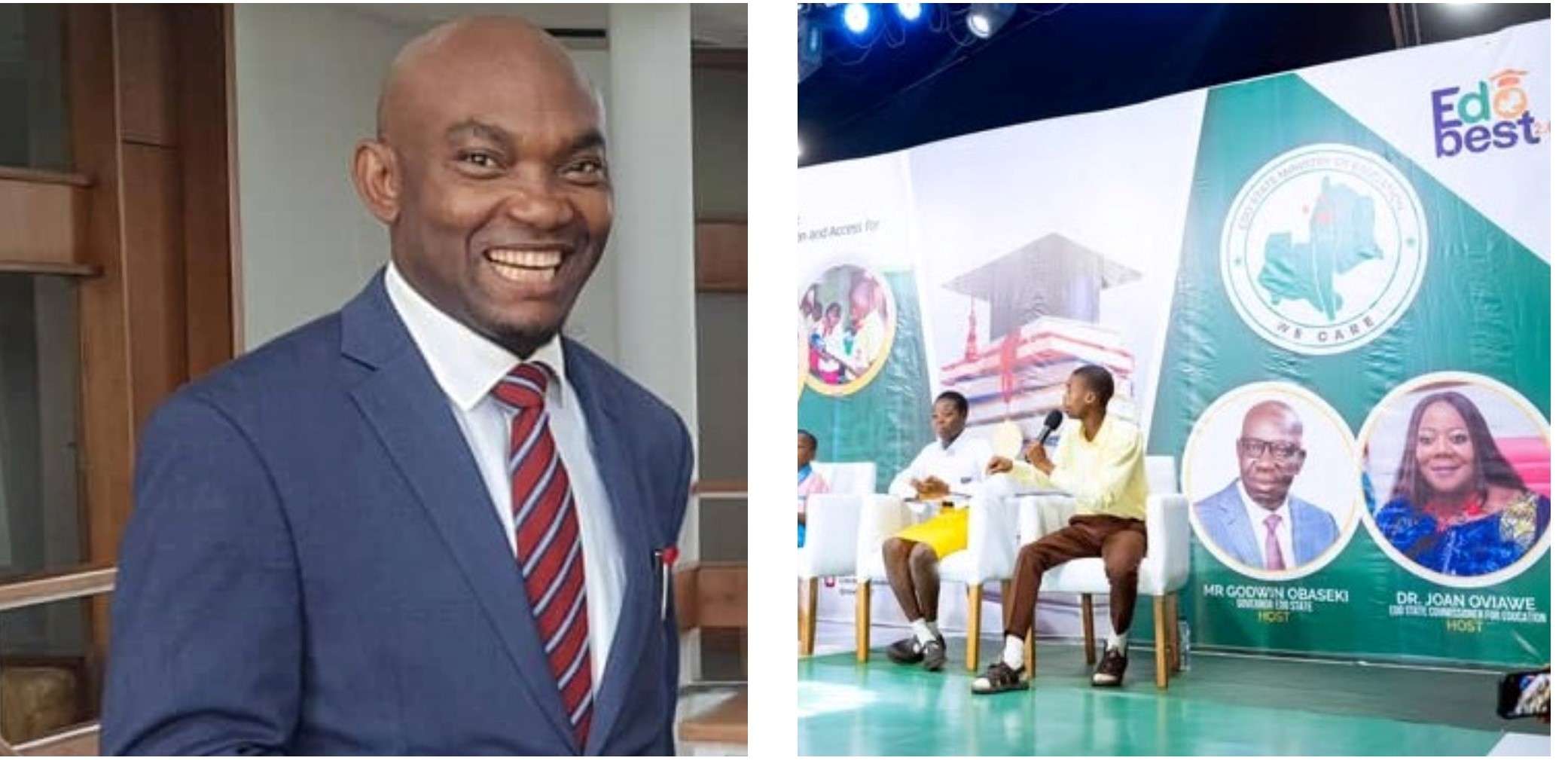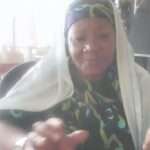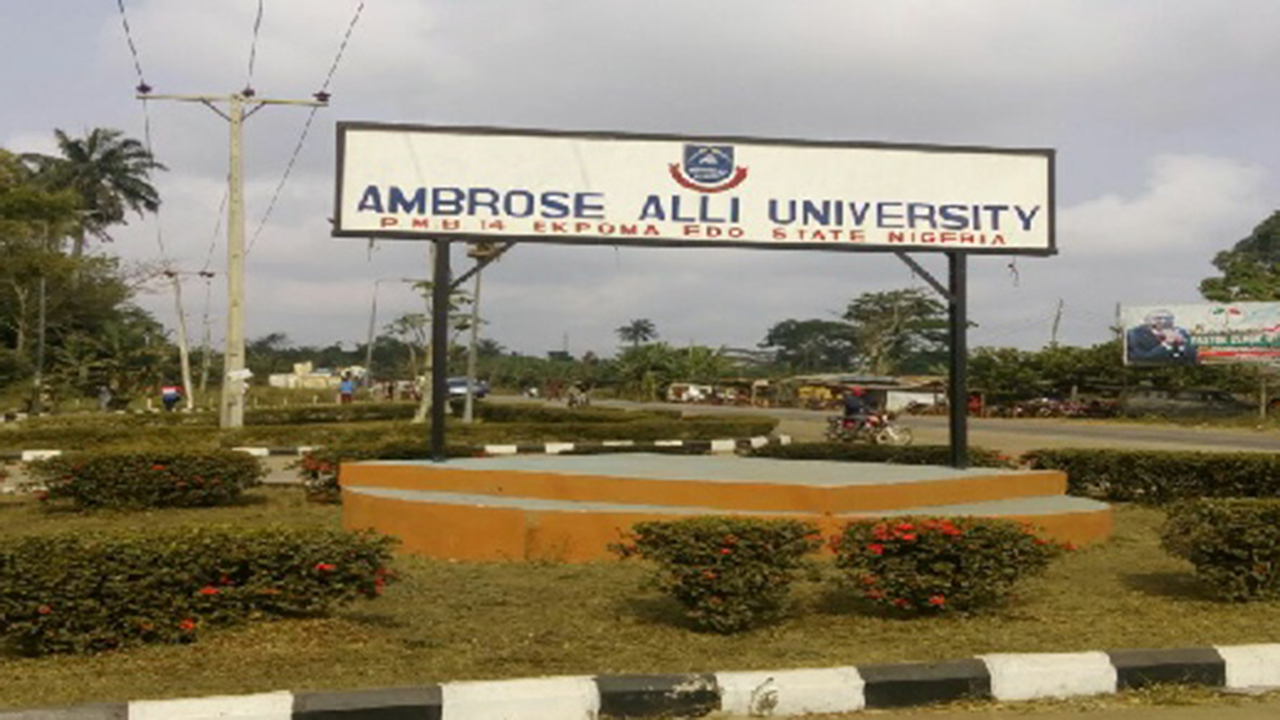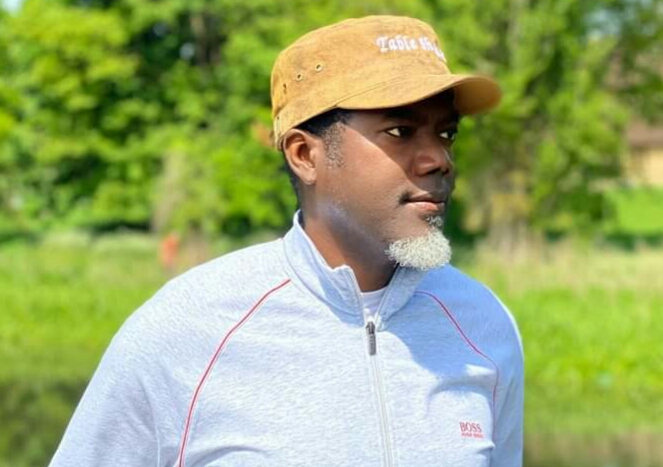From Taiwo Akerele
The report started on page 2 by this caveat:
This work is a product of the staff of The World Bank with external contributions. The findings, interpretations, and conclusions expressed in this work do not necessarily reflect the views of The World Bank, its Board of Executive Directors, or the governments they represent. The World Bank does not guarantee the accuracy, completeness, or currency of the data included in this work and does not assume responsibility for any errors, omissions, or discrepancies in the information, or liability with respect to the use of or failure to use the information, methods, processes, or conclusions set forth. Page 2 of the report state very clearly.
But despite this, some elements of the past government in Edo state continue to deceive gullible members of the public into believing otherwise. How can, one hand, the bank is recommending EDOBEST and on the other distancing itself from the report which they categorised as a product of the staff of the bank with external contributions.
For development and governance advocates following the ongoing conversation around the World Bank and IMF engagement in developing economies, there is a growing concern about the quality of results recipients of credit nations have gotten on account of their partnership with the Bank particularly around poverty reduction and intervention sustainability. In addition to this, there is a major conversation around credit effectiveness in most of the bank portfolio across Africa and Latin America.
The recent attempt by some Ex-Officials in Edo State to politicise and spin an innocuous random piece of portfolio review authored by our Washington based colleague Martin Elias De Simone focusing on the implementation of the EdoBEST program executed during the Godwin Obaseki’s regime further reinforces the need for a major methodological and strategic shift of bank engagement in Africa. Although credit should be given to the bank for distancing itself and the board from the content of the report on page 2.
Background
Yours sincerely was privilege to be part of the team that re-negotiated the refocusing of the Disbursement Linked Indicators (DLIs) for the outstanding Development Policy Credit (DPC) for Edo state in the harmattan season of 2019 our major objective(s) then was to see how we can further expand the ‘ red roof revolution education policies associated with the Adams Oshiomhole’s administration with an amendment to accommodate some elements of the following;
- Technology and ICT infrastructure and pedagogy
- Nutrition (alias school feeding program)
- Investment in water and reticulation around the school environment.
- Security (perimeter fencing)
- Continuous teacher recruitment.
- Curriculum review
- A restructured policy around inspectorate, quality assurance and Monitoring and Evaluation
- and all elements that make a school modern and functional.
After that meeting and subsequent follow up sessions where we agreed on the new DLIs that will help accelerate quality educational outcomes for the state, I had to resign from cabinet on personal grounds in the Spring of 2020. However, from available public information the government went ahead to focus significant portion of the approved funds into technology thereby isolating over 800 schools across the state in dilapidated infrastructure, lack of water, school feeding, perimeter fencing, inadequate teachers etc. This doesn’t appear that this is the same model that the World bank will be excited to be associated with and even recommend because part of the report stated very clearly as captured by THISDAY newspaper review as quoted below;
“Since its launch in 2018, EdoBEST has been revolutionising primary and secondary education in Edo state impacting over 400,000 children in public schools. Under the program, 20,000 teachers received training in digital skills, and classroom management, 15,000 tablets were distributed to enhance teaching methods, over 7 million exam materials and 1.5m textbooks were supplied across schools…’
The above excerpts from the reports which is inspired by the data supplied by the then government to the World bank shows clearly that no major attempt was made at teacher recruitment and school renovation or infrastructure upgrade in a state that had over 5,000 teacher gap and over 800 schools in dilapidated condition based on data supplied by SUBEB itself in a 2018 report. The spin doctors also refused to acknowledge the report’s assertion as enumerated below;
This is the summary of the report
- That teacher capacity remains a challenge.
- Report warns against treating technology as a standalone solution stating ‘education technology has proven to be a powerful tool when integrated coherently with other interventions such as teacher training, and school modernisation.
- Technology should be complimentary to a broader, integrated approach.
- It further states that successful implementation of EduTECH requires overcoming significant logistical and infrastructure challenges.
- The reports say the EdoBEST is still a work in progress, reform program, so this is not the point at which a final evaluation can be made.
- That community engagement is key to policy sustainability and that EduTech should be in the basket of policy interventions.
It is clear from item 1 to 5 enumerated above as excerpted from the Bank’s report that the EdoBEST is not the eldorado educational policy or intervention that is been trumpeted with the capacity to salvage the educational challenges we have in Edo state as the issues around infrastructure and teacher capacity which is the major pivot of any educational intervention across the globe remained unresolved especially under the project.
Let it be further stated that a project funded 100% and still considered as work in process awaiting final evaluation will NEVER be RECOMMENDED as a model for adoption by other entities. There is nowhere in the report where this so-called recommendation was made because in the first place the World Bank doesn’t recommend projects for its clients.
In the last 80 years of Bank existence, clients are encouraged to prioritise their needs based on certain eligibility criteria and upon which these requests are evaluated and approved after series of exchanges and negotiations. It will amount to breach of the underlying principles guiding the operations of the bank within the framework of the International Bank for Reconstruction and Development (IBRD) and the International Development Association (IDA) for its lender the World bank to be recommending development models and projects to its clients when they are apparently in the bank on their developmental priorities and challenges. For the avoidance of doubt, the IBRD and IDA only fund projects that they think are bankable.
In any event if in one breath you claim that Lagos, Kwara and Bayelsa have already adopted it, why does the bank still need to carry out that task. As a project manager/Consultant of 15 years (since 2010) with the bank I am aware that periodically the bank hires consultants to review their engagement across all portfolios and this is not for political purposes or anyone whatsoever taken advantage to score cheap political mileage because in any event this is not a grant but a loan with double digit interest rate repayable after 5 years of moratorium.
The issue of accountability around the implementation of EdoBEST will continue to dominate our discourse as Edo appears to have been shortchanged in the estimation of many Edo citizens based on what the $75m could have achieved compared to the over hyped results we see on social media while our children still sit on the floor to learn, and classes are shared amongst two different grades in the 21st century in a state that has never been categorized as an educationally disadvantaged state in Nigeria.
In my estimation and from available data, EdoBEST program at best faired well in introducing technology to school curriculum in Edo State but failed woefully to mainstream the urgent priorities of the people which is
- Descent and adequate classrooms.
- Adequate teachers in all key subject areas ( this was evident in the government last minute attempt to recruit about 4,000 teachers in the last week of October 2024 few weeks to handover)
- Nutrition (school feeding).
- Security of schools and community engagement.
Hiring media houses to spin a world bank evaluation report to suit a narrative is at best a short cut to unearned success and uncharitable to the people we seek to serve and account to.
Thank you
Taiwo Akerele is Executive Director at Policy House Int’l and a member of the Civil Society Policy Forum (CSPF) of the World Bank and the IMF wrote from Abuja, Nigeria.
Get a premium automobile insurance coverage for your vehicle for as low as #15000 only and claim up to #3,000,000 in damages @Zenith Insurance To signup: WhatsApp/Call: +2349028313757







